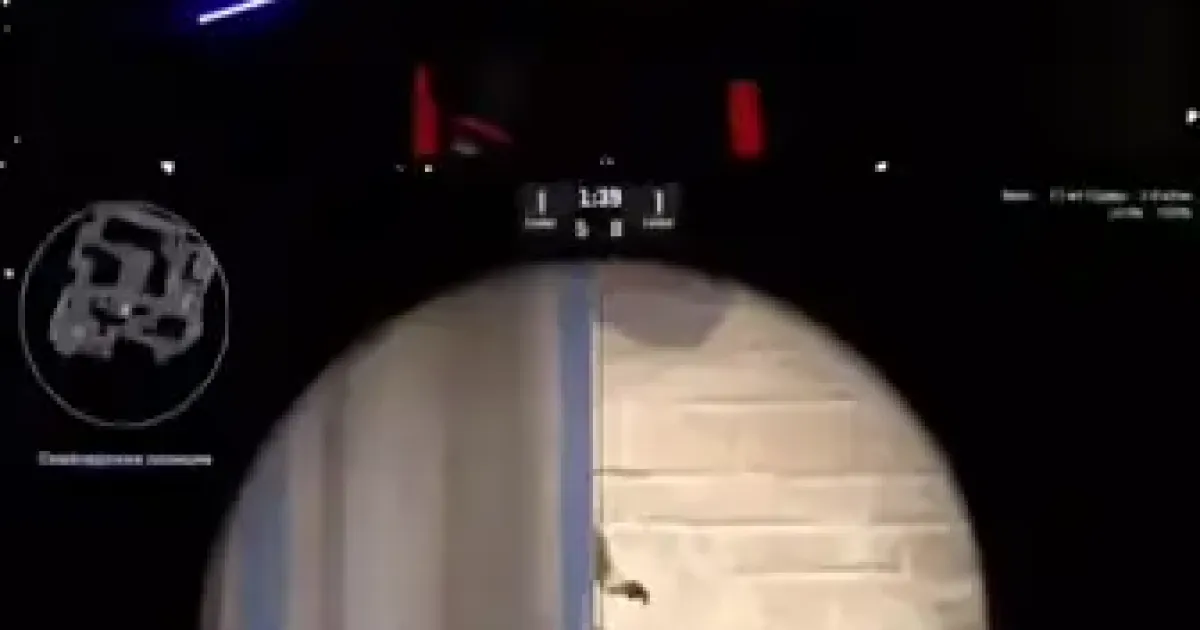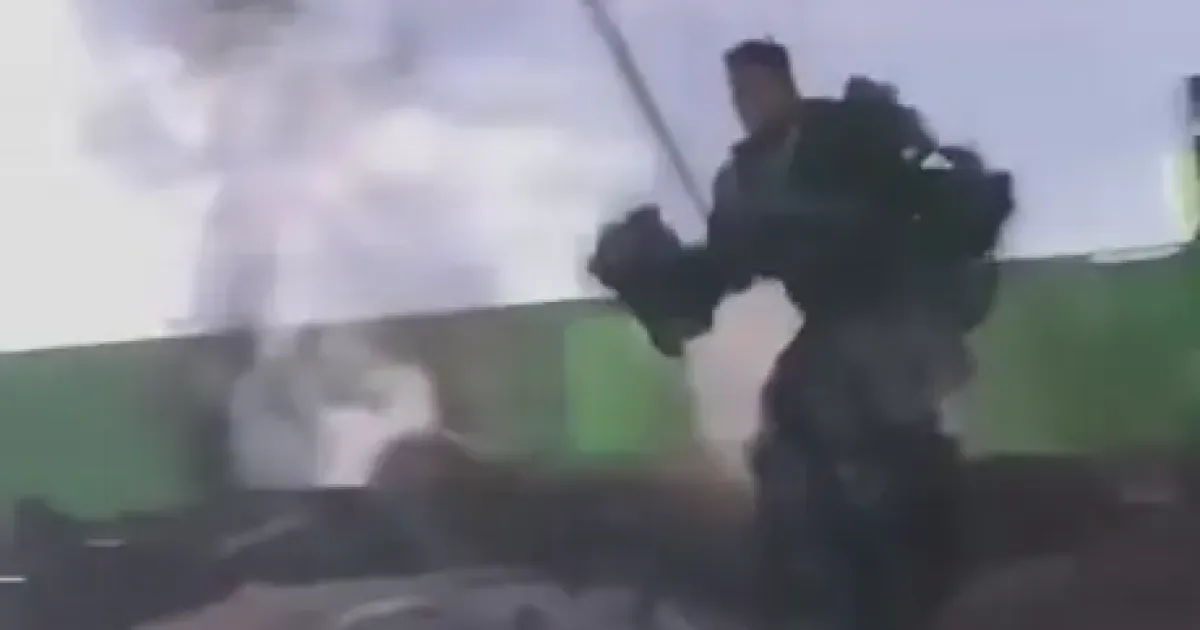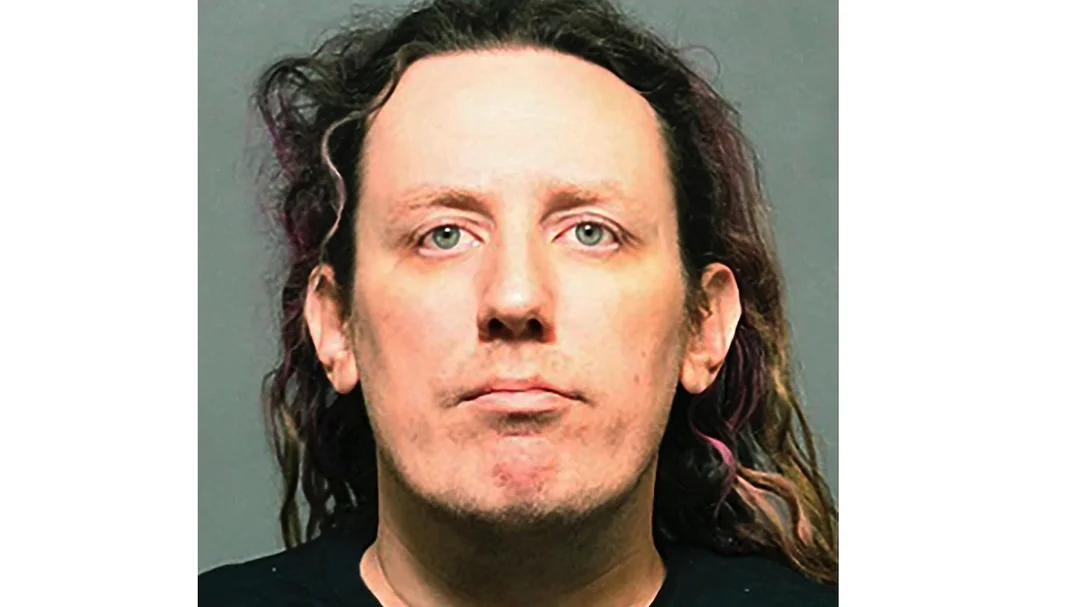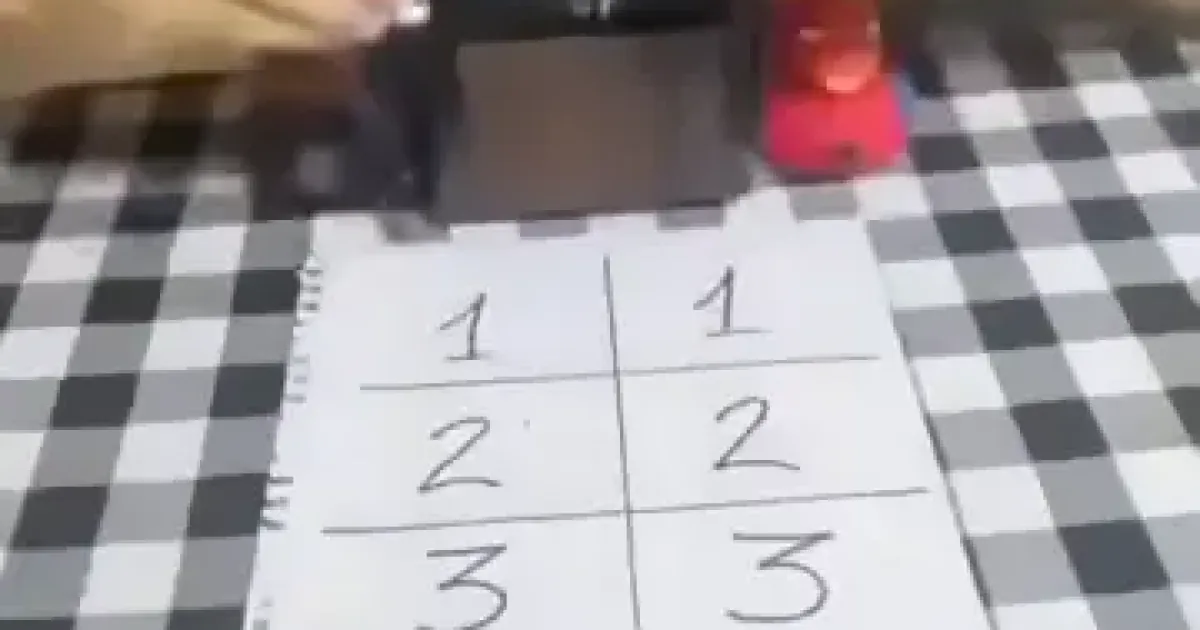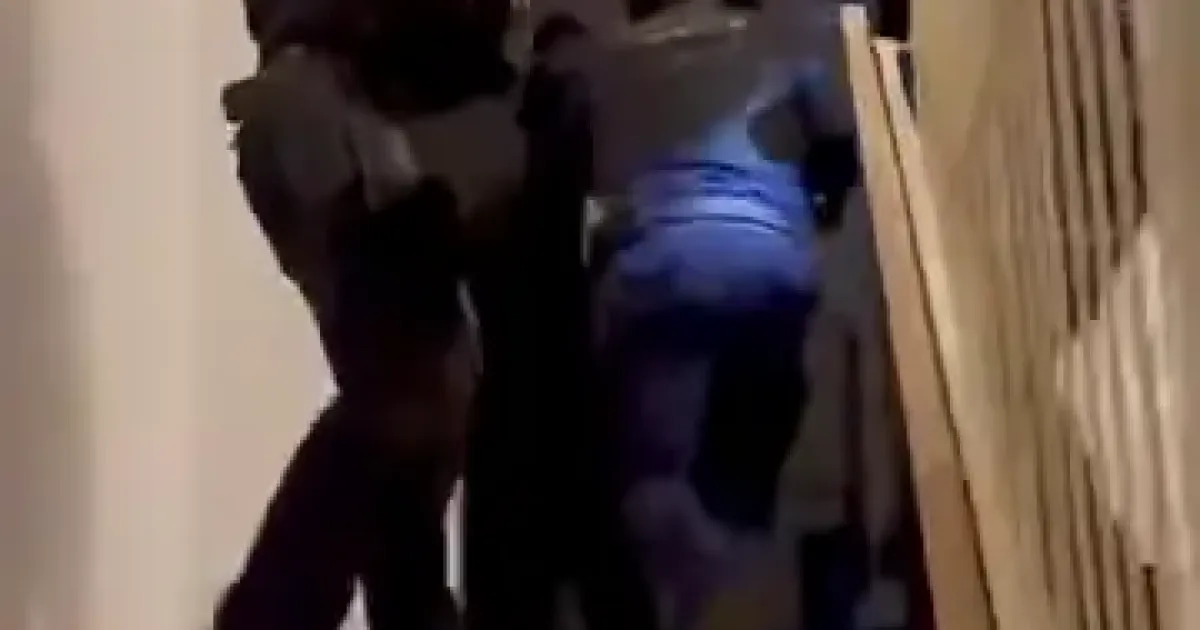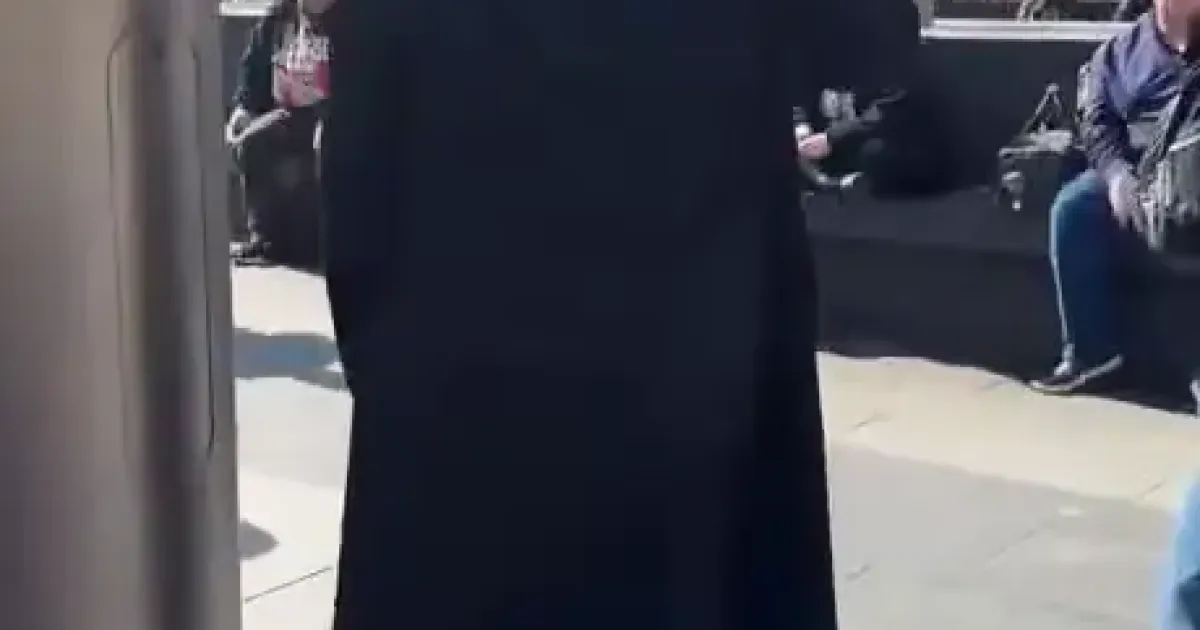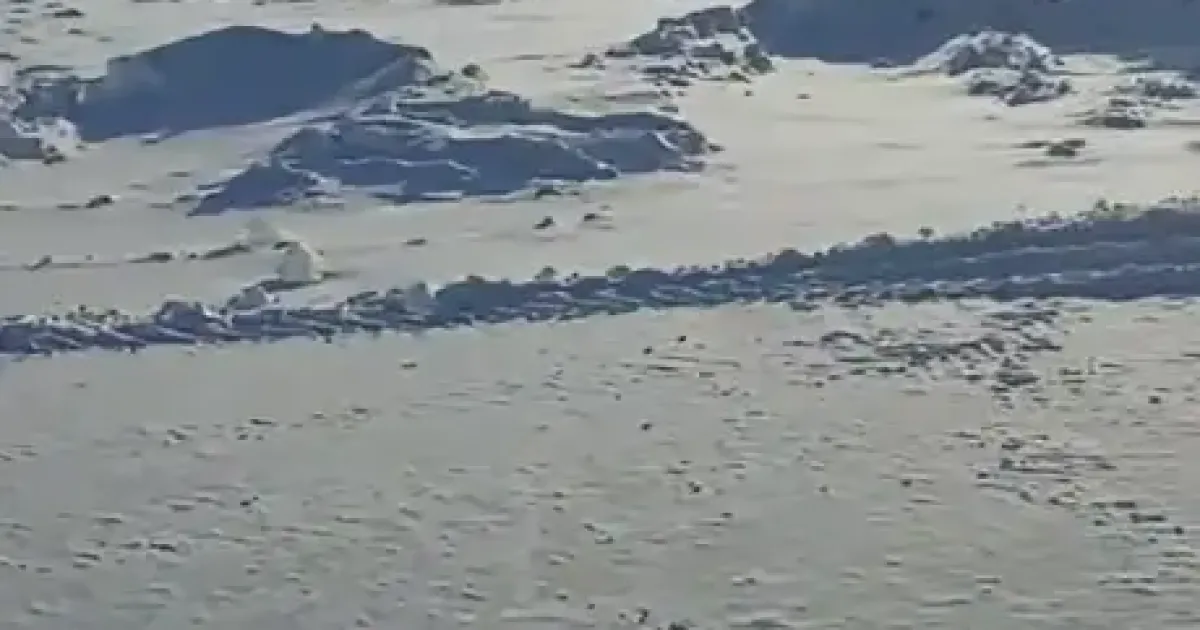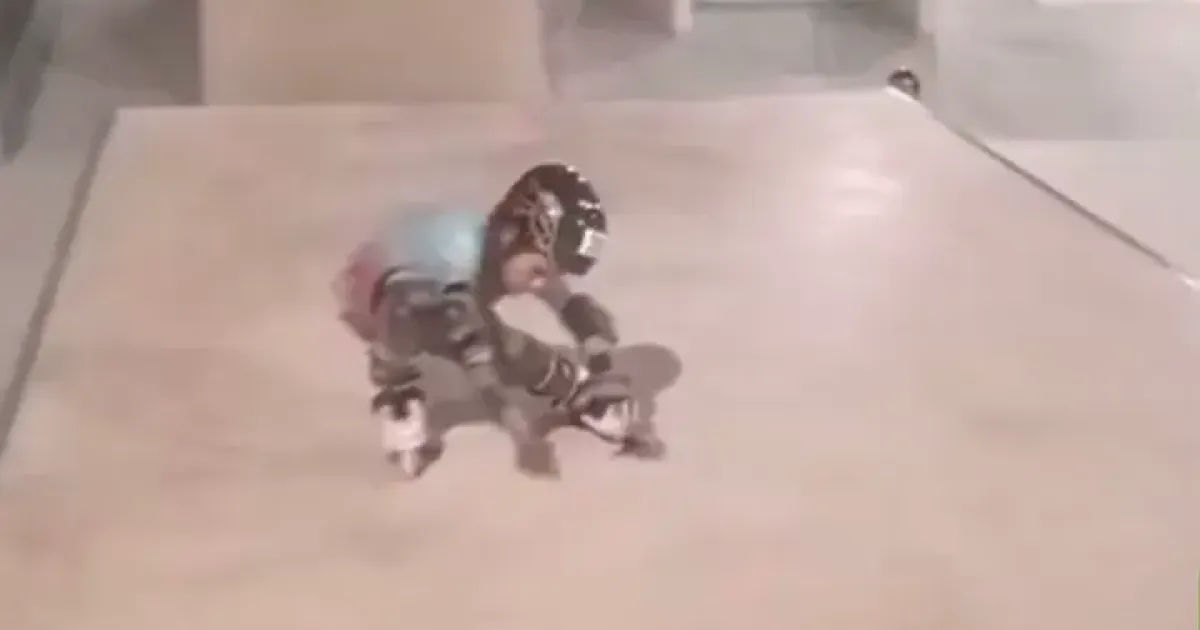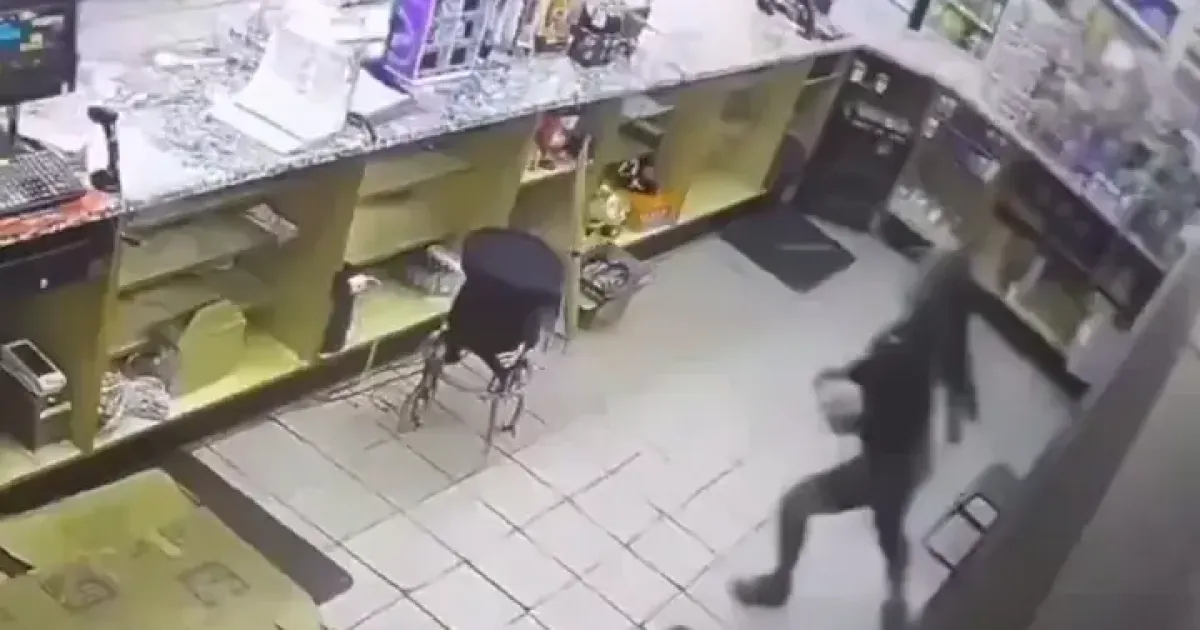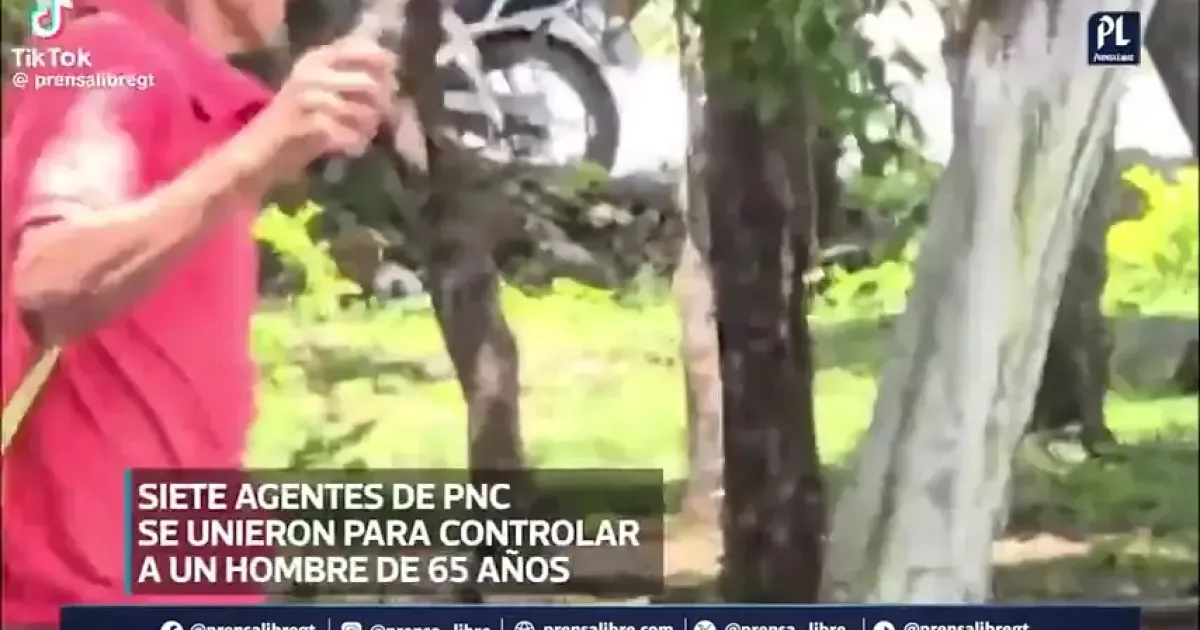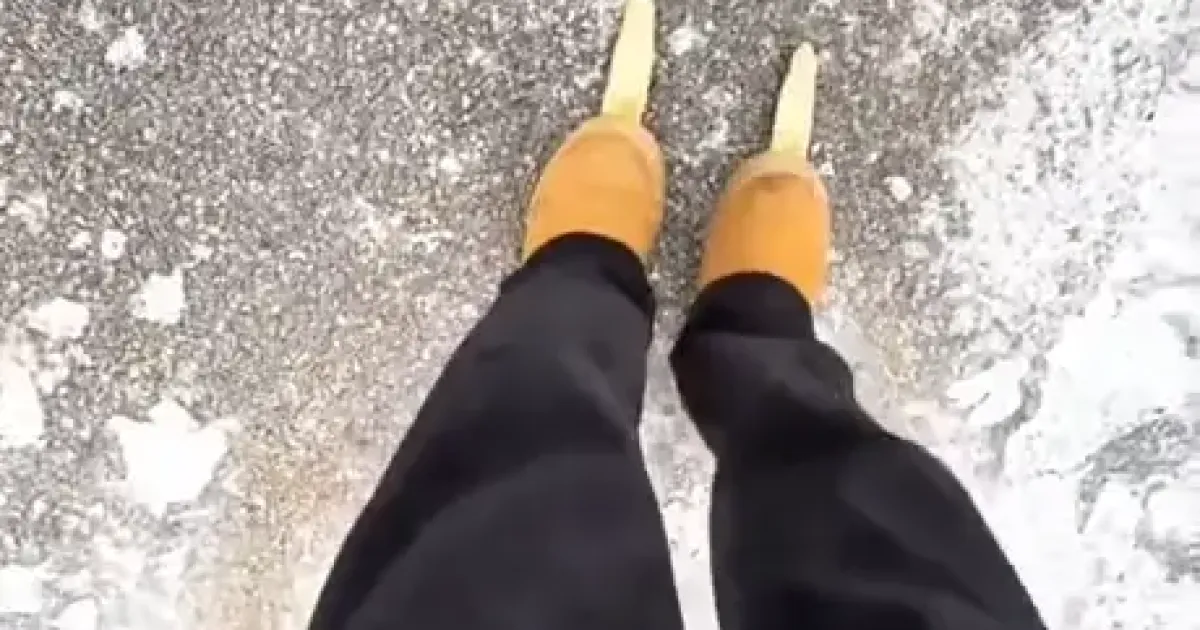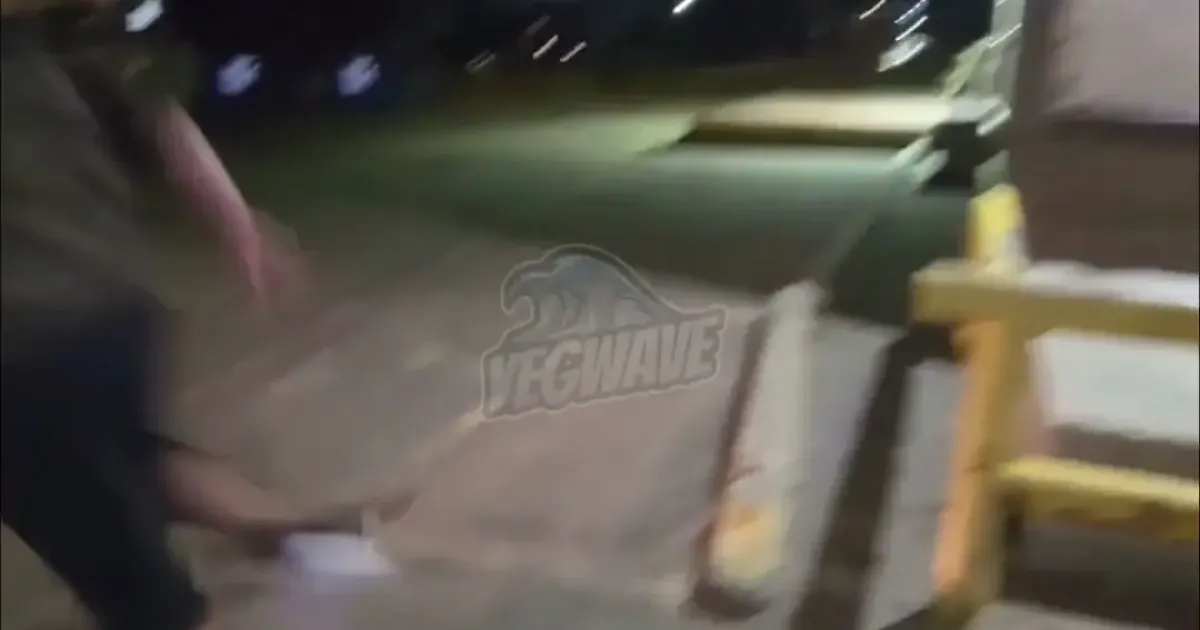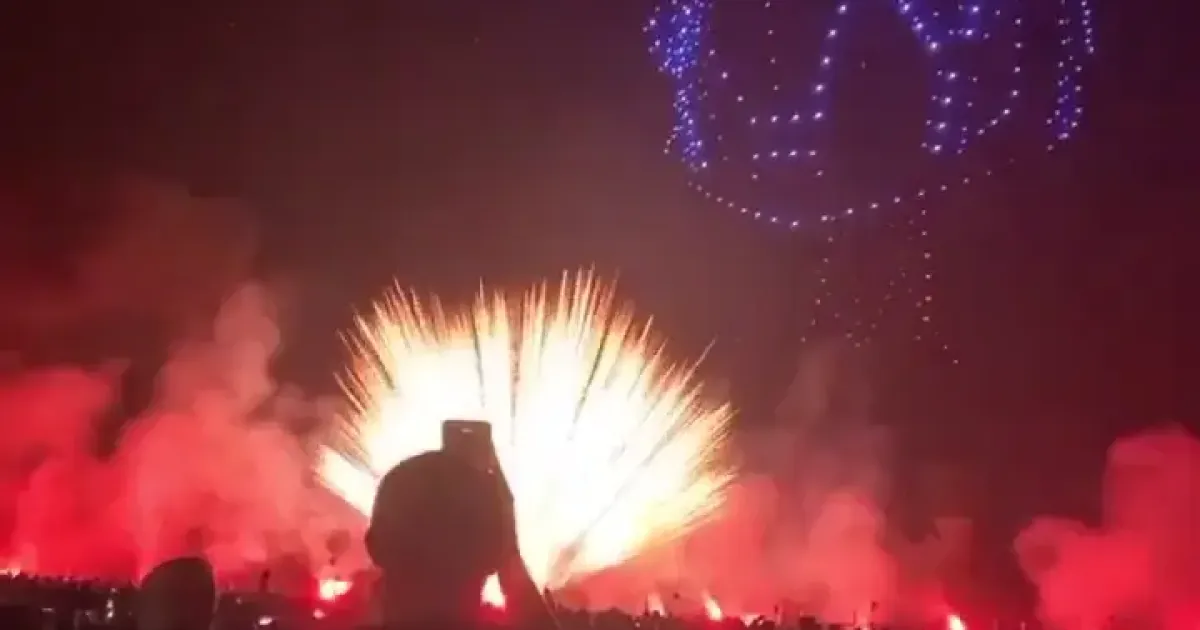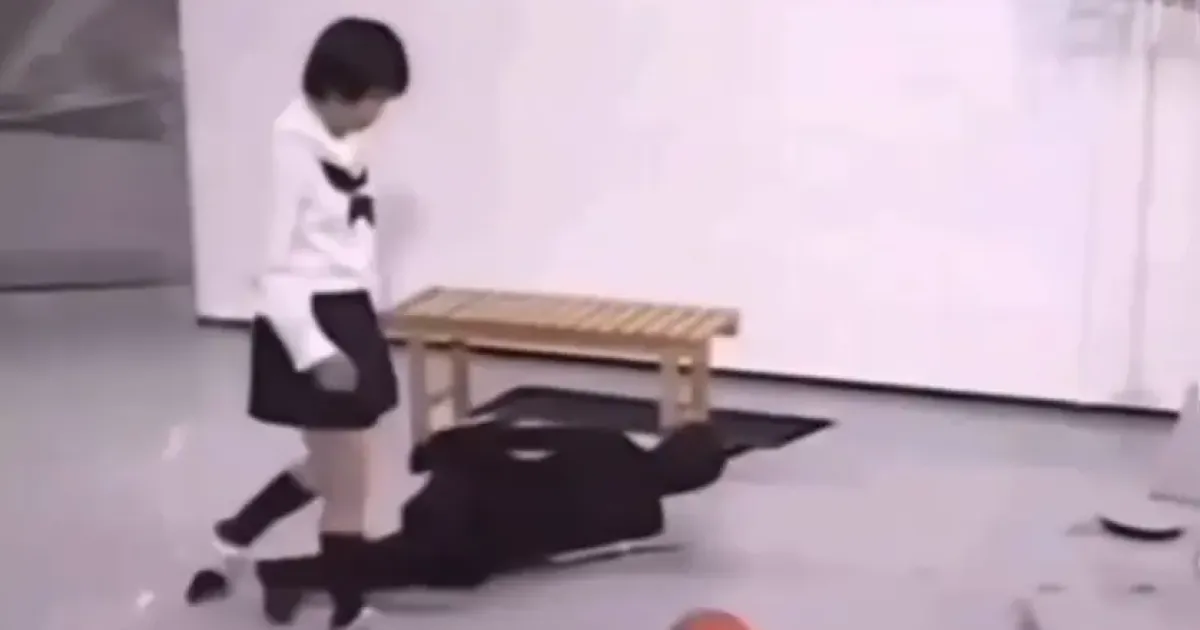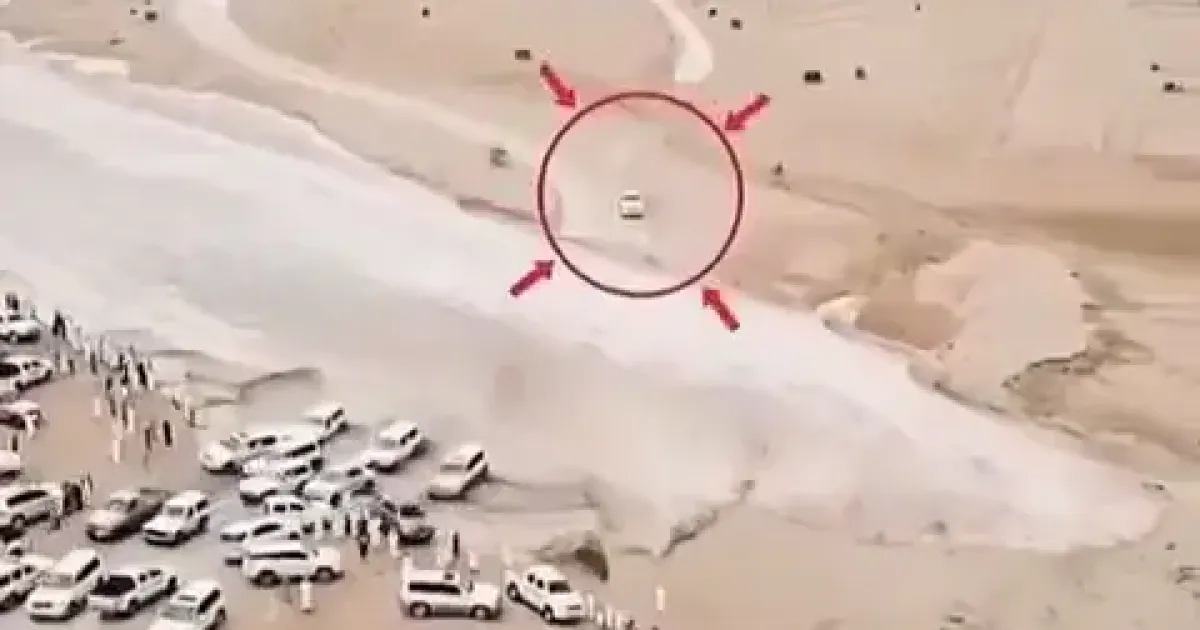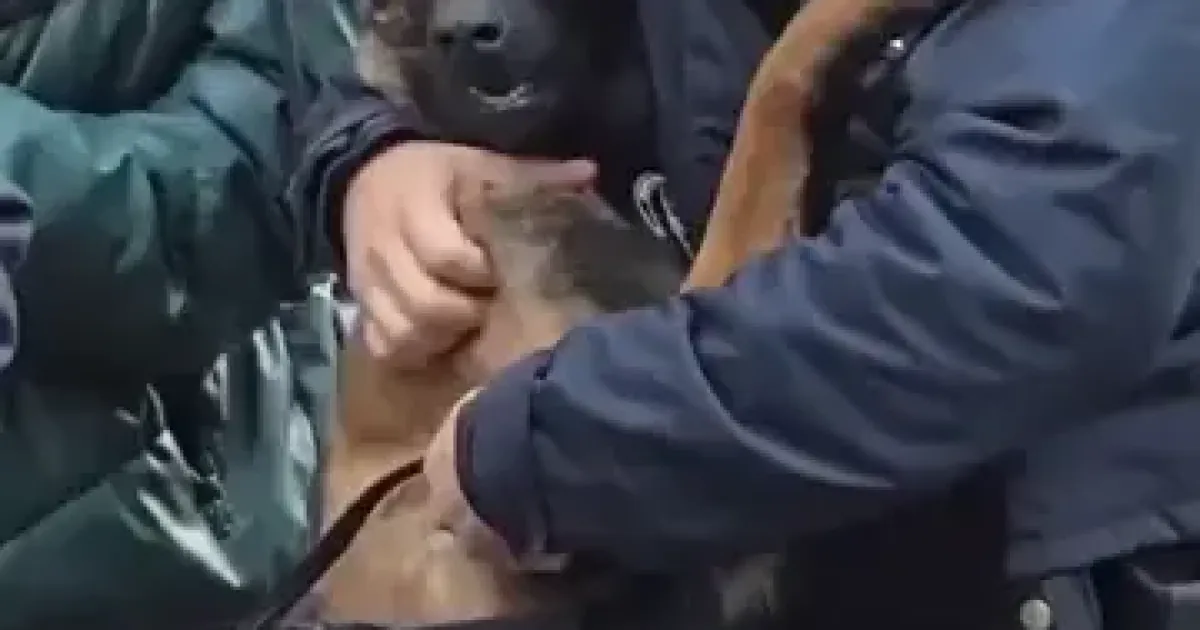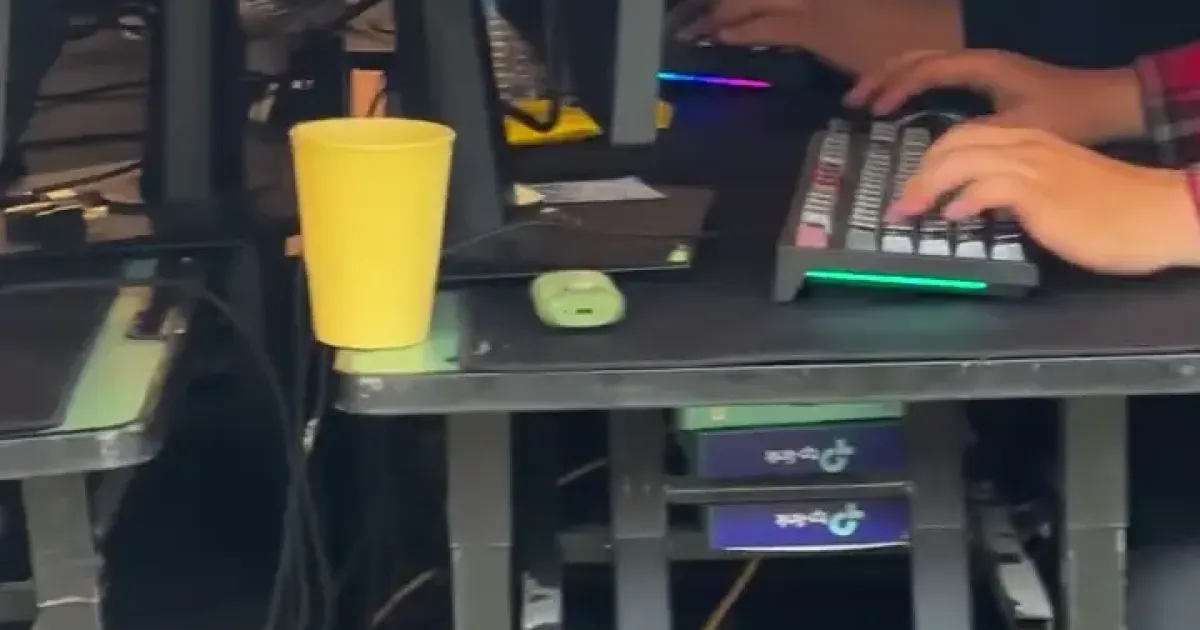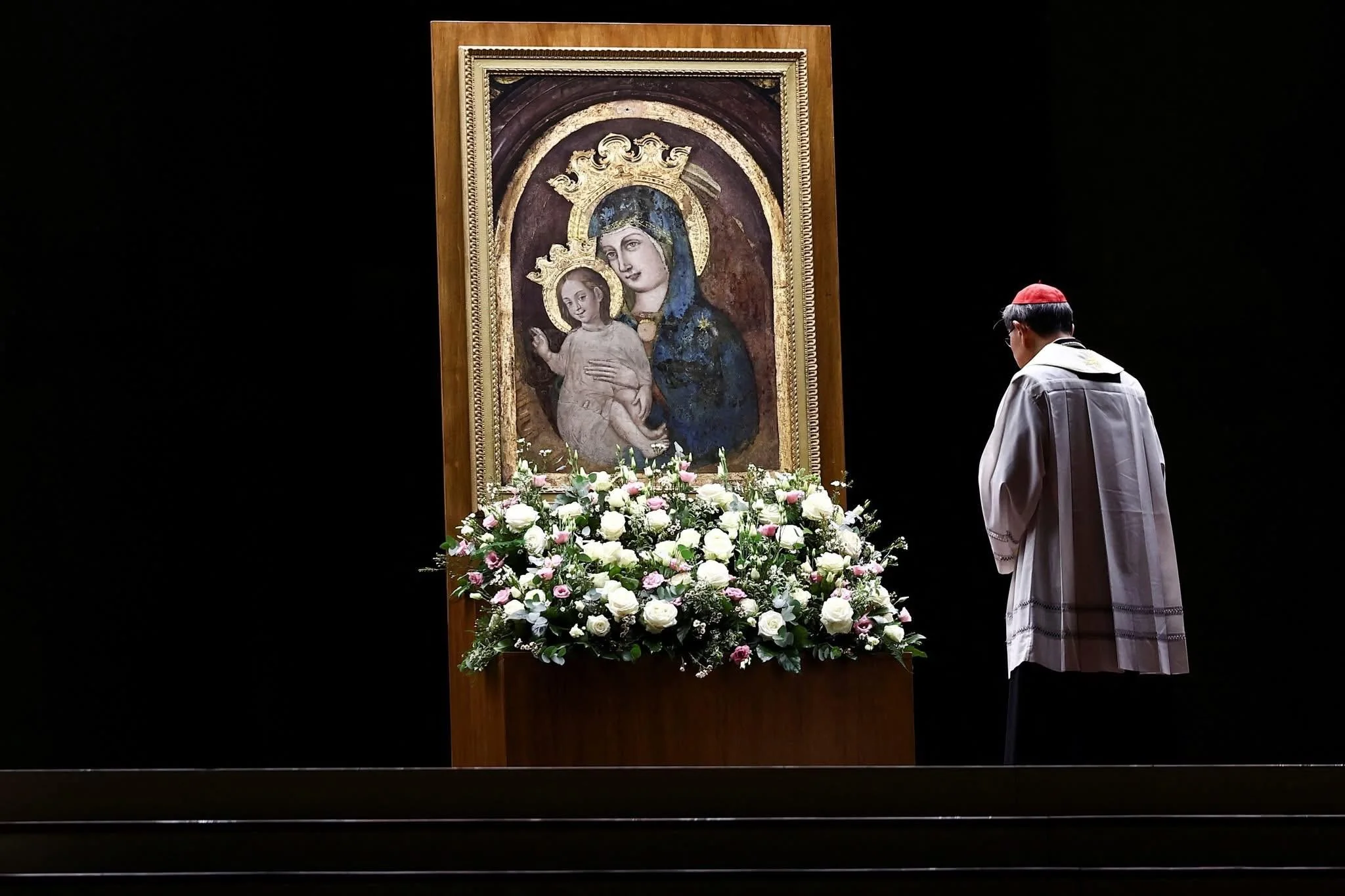
Cardinal Tagle leads prayer service in Vatican for Pope Francis' health
As Pope Francis was still in critical condition due to double pneumonia, Cardinal Luis Tagle of the Philippines led a prayer service for him in St. Peter's Square at the Vatican on Tuesday (Rome time).
Tagle, a senior Vatican official, led the service which was attended by pilgrims and senior Church figures.
The Vatican on Tuesday said Pope Francis remains in critical condition for the fourth day running but is stable and has not had any further respiratory crises.
📸: Yara Nardi/Reuters
#Pope #Francis #News
Read More...
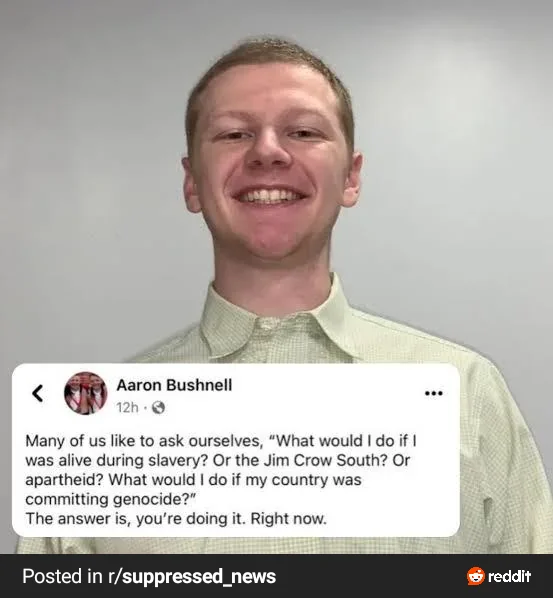
One year ago today, in protest against U.S. support for the genocide of Palestinians 25-year-old U.S. Air Force serviceman Aaron Bushnell.
Tragically ended his life by self-immolating outside the Israeli Embassy in Washington, D.C.
#EUA #Israel #Palestine #War #News #Protest
Read More...
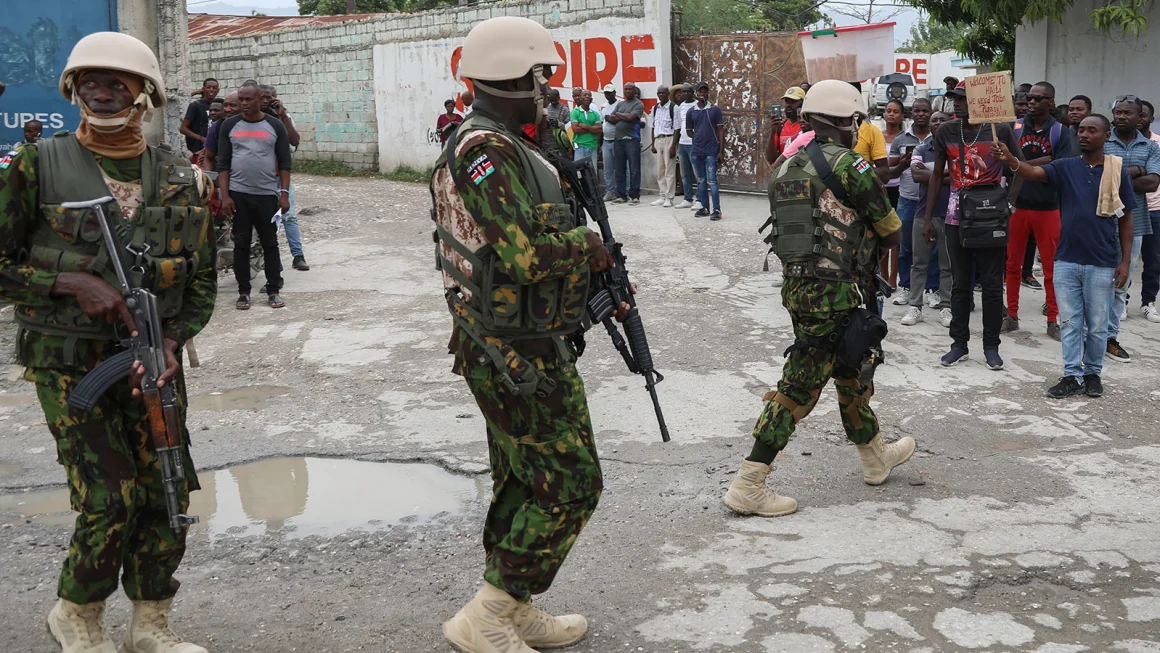
Kenyan police deployed to Haiti haven’t received full promised salary in two months
Hundreds of Kenyan police officers leading an international policing force in Haiti have not received their full pay for two months, the latest complication in what has been a rocky start to the security mission in the gang-plagued Caribbean nation.
The first Kenyan officers deployed to Haiti arrived in June, the vanguard of a multinational security support mission (MSS) that is being funded largely by the United States. There are now around 400 Kenyan police in the country, many from specialized units.
In an August 25 statement acknowledging delays to payments, the MSS announced that officers could expect the missing funds to hit their bank accounts this week.
“Therefore, there is nothing to worry about (regarding) welfare issues of the MSS officers, since mainstream processes have been finalized,” the MSS added.
In a “progress report” released Monday, Kenya’s National Police Service (NPS) said that the officers were continuing “to draw their NPS salaries” while waiting for the supplemental pay for their MSS duties.
Kenyan officers had expected to be paid a significant supplement for their Haiti deployment – a grueling assignment more typical of a military than of a police force. Officers are not allowed to leave their base in the Haitian capital Port-au-Prince during non-working hours.
Speaking to CNN, some officers expressed frustration and concern about the missing supplemental payments. With schools reopening in Kenya this week, some say they need the money urgently to manage school fees and other expenses for their families back home.
“The officers feel frustrated after not having been paid for two months. And we hear that the money has already been sent to Kenya but they haven’t paid us, so please help us out,” one officer in Haiti told CNN before the police statement was released, requesting anonymity.
The MSS force is expected to ultimately grow to 2,500, with more troops expected from Jamaica, Benin, Chad, the Bahamas, Bangladesh, Barbados and Belize. The force is hoped to bolster the Haitian National Police’s battles against an alliance of gangs that controls an estimated 85% of the Port-au-Prince metropolitan area.
Around 600,000 Haitians have been forced to flee their homes due to gang violence, and some 2 million people live in gang-ravaged areas where fear of attack is constant, Haitian interim Prime Minister Garry Conille said in an interview with CNN in early August.
The MSS is financed through a UN-managed trust fund, to which the US, Canada, France and Spain have contributed millions of dollars. The United States has committed at least $380 million overall in support of the mission, largely in the form of equipment and materiel.
Read More...

